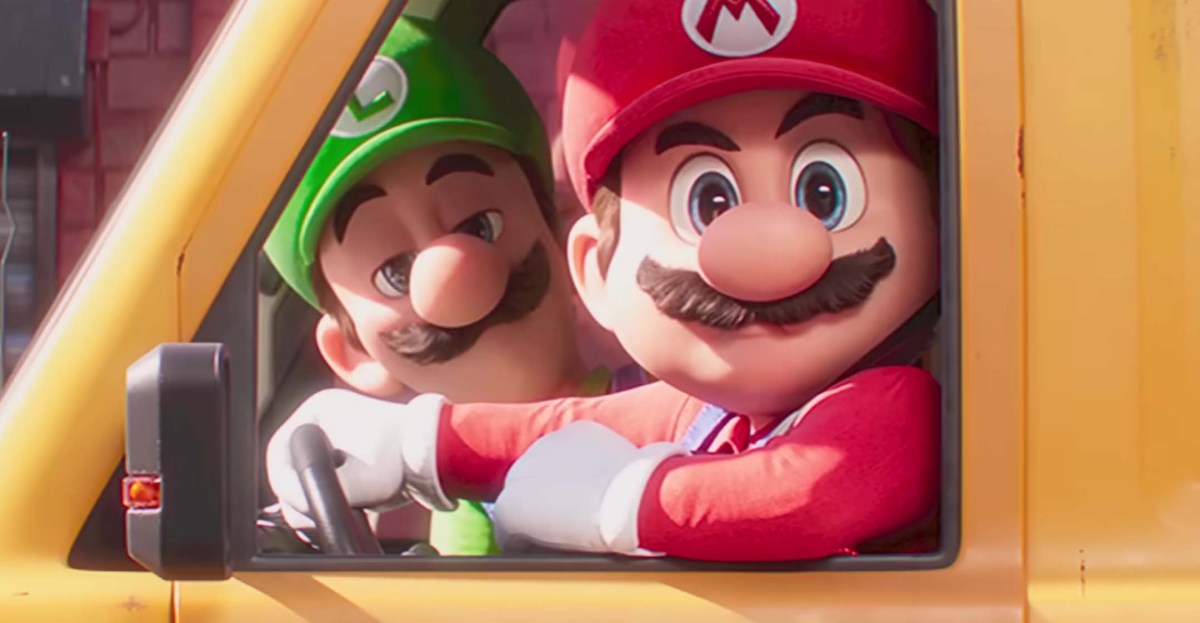Japan Requests OpenAI to Halt Use of Manga and Anime Images

Key Points
- Japan’s Cabinet Office formally asked OpenAI to stop using manga and anime artwork.
- Minister Minoru Kiuchi called manga and anime "irreplaceable treasures" and warned of copyright infringement.
- The request follows criticism of OpenAI’s Sora app, which was quickly filled with AI‑generated manga‑style content.
- OpenAI previously had an opt‑out policy for copyright holders, which it later abandoned, sparking further backlash.
- CEO Sam Altman acknowledged OpenAI’s debt to Japan’s creative output but has not detailed a response to the request.
- The incident underscores the clash between AI advancement and existing international copyright protections.
Japan’s government has formally asked OpenAI to stop using Japanese manga and anime artwork in its AI models, citing concerns over copyright infringement. The request follows backlash against OpenAI’s video app Sora, which quickly became populated with AI‑generated content that the Cabinet Office says violates the country’s cultural treasures. Officials, including Minoru Kiuchi, warned that manga and anime are “irreplaceable treasures,” and the Cabinet Office has demanded OpenAI cease the infringing behavior. OpenAI’s CEO Sam Altman has acknowledged the company’s debt to Japan’s creative output, while the firm faces criticism over its previous opt‑out policy for copyright holders.
Japanese Government Issues Formal Request
Japan’s Cabinet Office has formally asked OpenAI to stop using Japanese manga and anime artwork in its artificial‑intelligence systems. The request was delivered by Minoru Kiuchi, a senior official who oversees intellectual‑property strategy and the nation’s “cool Japan” initiatives. Kiuchi described manga and anime as “irreplaceable treasures” and warned that the current use of these visual styles constitutes copyright infringement.
Backdrop of the Sora Controversy
The demand comes amid growing criticism of OpenAI’s social video platform, Sora. Shortly after its launch, users began uploading large volumes of AI‑generated material that featured recognizable manga and anime aesthetics. Critics argue that this content breaches Japanese copyright law and undermines the cultural value of the nation’s artistic works.
Policy Tensions and Company Response
OpenAI’s handling of copyright concerns has been under scrutiny. The company previously operated an opt‑out policy that allowed copyright holders to block the use of their works in training data, but that policy was later abandoned. The removal of the opt‑out mechanism intensified the backlash, prompting the Japanese government’s formal request.
OpenAI Leadership Acknowledges Japan’s Influence
CEO Sam Altman has publicly recognized OpenAI’s reliance on Japan’s “remarkable creative output.” While acknowledging the country’s artistic contributions, OpenAI has not yet issued a detailed response to the Cabinet Office’s request. The company’s image‑generation tools have previously produced a flood of images reminiscent of Studio Ghibli and other well‑known Japanese animation styles.
Implications for International AI Development
The episode highlights the tension between rapid AI innovation and existing copyright frameworks, especially in jurisdictions that place high cultural value on specific artistic forms. Japan’s formal request represents a concrete step by a national government to protect its cultural heritage against perceived misuse by a leading AI developer.